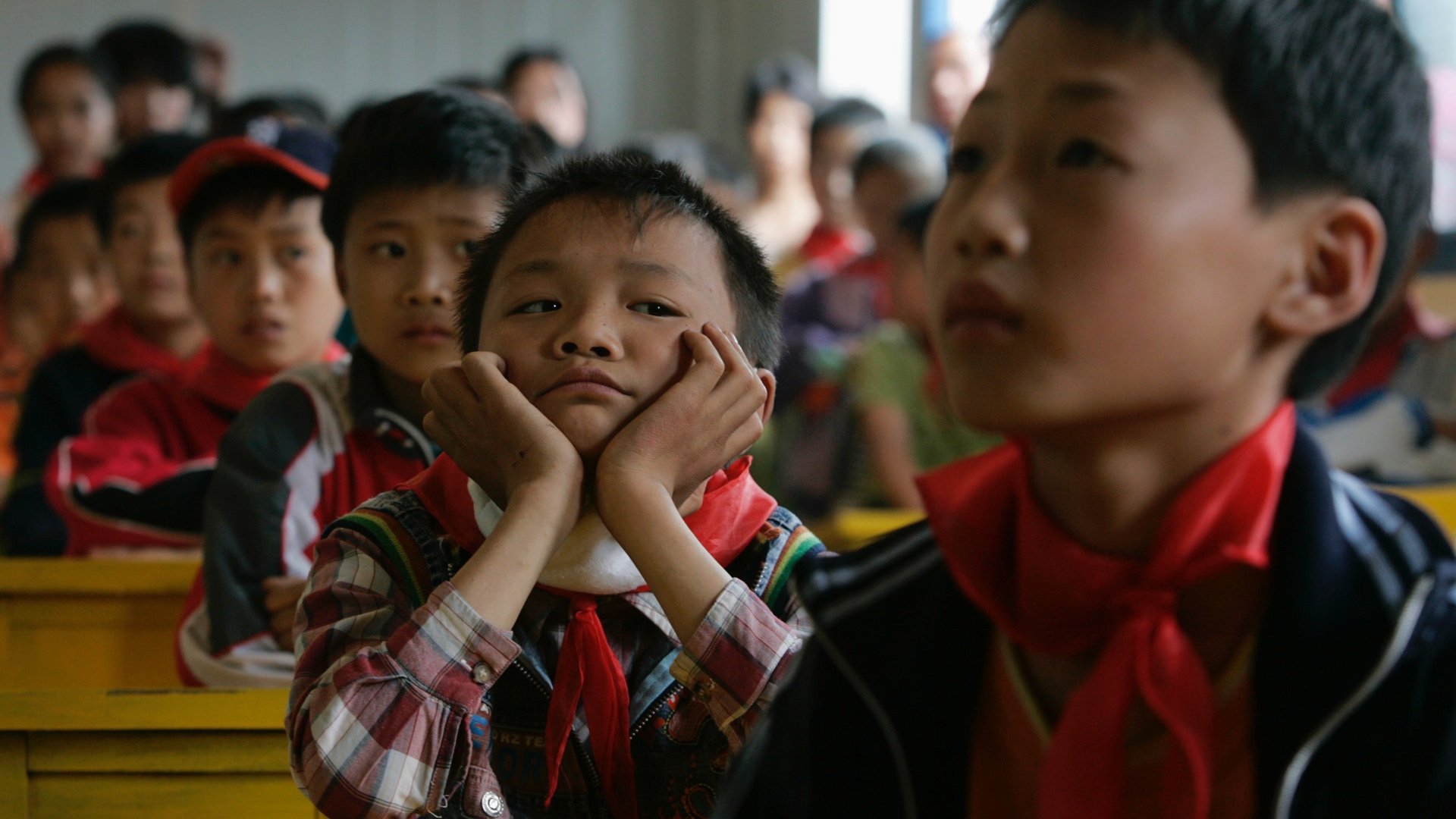A Chinese professor is using facial recognition to gauge how bored his students are
Students aren’t the only ones studying in a classroom at Sichuan University, China.


Students aren’t the only ones studying in a classroom at Sichuan University, China.
Science professor Wei Xiaoyong has developed a new “face reader” to study faces and emotions, the Telegraph reported. He first started using face-tracking devices about five years ago to log attendance. Now, he uses it to help gauge how engaged his students are.
Through video cameras strategically placed around the classroom, the software uses facial recognition technology to identify students as well as read and record their moods, according to Chinese newspaper Global Times. An algorithm detects the emotional fluctuations on each student’s face to record how happy or neutral they look. “When we correlate that kind of information to the way we teach, and we use a timeline, then you will know where you are actually attracting the students’ attention,” Wei told the Telegraph.
Wei has shared his technique with other professors in universities across China and he sees it having a wide range of applications in the sciences and psychological work, as well as education reform. Theoretically, professors could revamp their teaching methods if they can figure out which aspects of their classes bore students and which keep them engaged.
The concept of Big Brother-esque classrooms isn’t new. Engineers at SensorStar Labs in Queens, New York, started developing a method to study individual student’s faces in a classroom and use an algorithm to analyze their expressions, Co.Exist reported. (The research was ongoing in 2013 and SensorStar didn’t respond to a request for comment regarding the current state of its work.) SensorStar co-founder Sean Montgomery argued that the idea shouldn’t bother people: “It’s just what the teacher can already see with their eyes and what the teacher can already hear with their ears.” But that isn’t enough to suppress data privacy concerns—administrators or law enforcement could someday use the recordings “for purposes other than low-stakes feedback,” Co.Exist wrote.
In Wei’s case, it’s not clear whether the students are aware that their expressions are being recorded. Nor is there any word on students getting penalized for being inattentive.
Then again, science says zoning out isn’t always bad: some boredom is food for the creative mind.